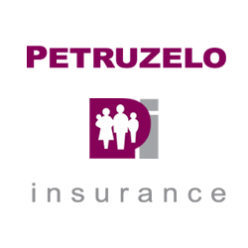
Millions of Americans become the victim of an identity theft scam each year. These crimes involving using someone’s personal data for things like financial theft, medical fraud and even opening lines of credit under someone’s name. Since no one is safe – young or old from being a target, it’s important to remain vigilant about where you share your personal information and how you store it.
Today, with COVID-19 and the uncertain times we’re living in, it can be easy for scammers to pretend they are a credible source, like the unemployment office or IRS sending you money and gaining illicit access to your information. Many have already been uncovered. Knowing what scams are out there and how criminals are trying to trick unknowing victims is important to know how to defend yourself.
Here are some tips for staying safe online and protecting your private data at all times.
Never Share Your Information Online
It’s been long advised to be careful with who you interact online. While talking to strangers can be risky, it’s even more troublesome if you’re entering your personal data like your social security and bank card numbers on websites that are not trusted or encrypted. Always be sure to check a site’s credibility and be sure you’re accessing safe sites when you’re buying or submitting info. online.
Be Careful with Passwords and Updates
The other issue that many people run into is making their passwords too simple to guess. Using things like your kid’s name or 123 combinations can easily be guessed by a perpetrator to gain access to your online accounts. Be sure you’re making difficult to guess combinations and that you update and change them frequently in case of a breach in a database somewhere. While you’re at it, be sure to also update all security software on your system as new patches are released regularly.
Always Shred Your Documents
If you want to be extra sure that your private data isn’t used to steal your identity, you should also be shredding any documents, hard drives, or other matter that you will be throwing away. Simply tossing this waste in with regular refuse can leave you open to a breach. Fraudsters have been known to canvas through trash bins looking for key data so be sure it’s being destroyed properly.
Wondering if you should add cybersecurity insurance to your homeowners policy? Speak to an agent today!
